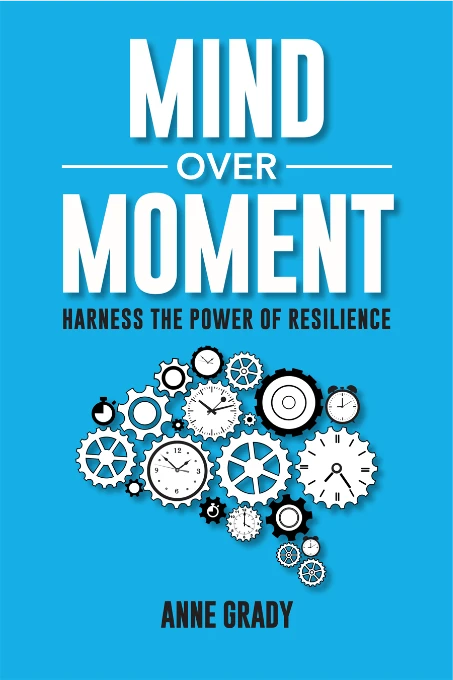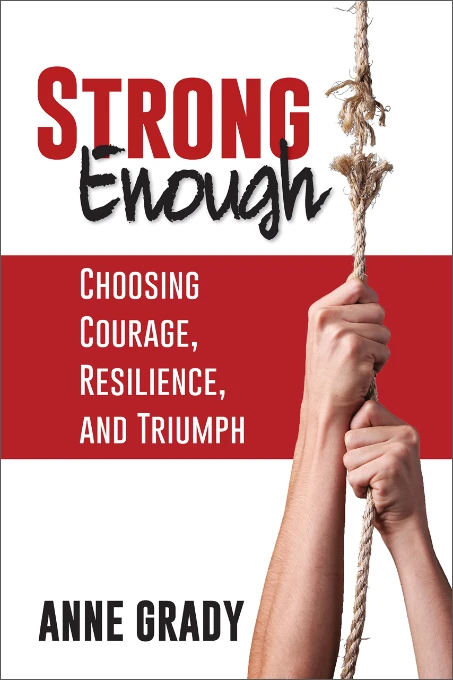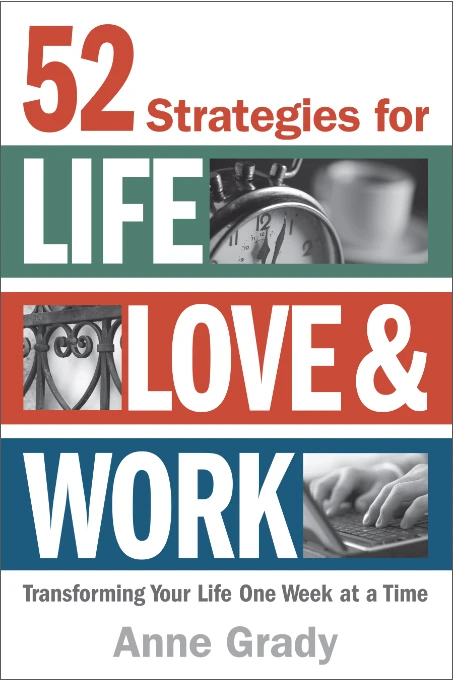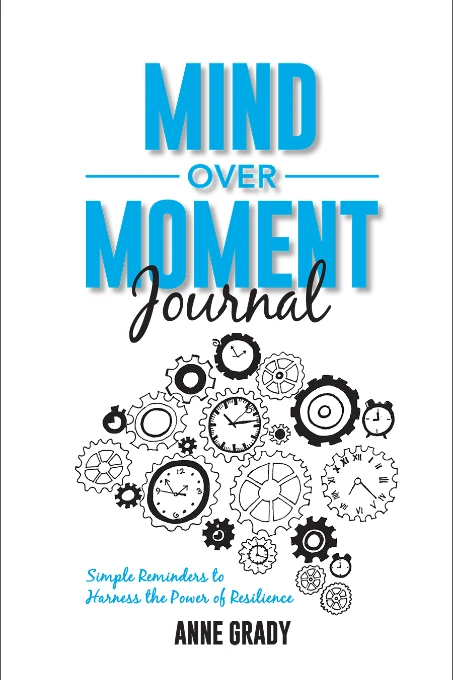It’s time to build your psychological immune system
It’s time to build your psychological immune system
It’s time to build your psychological immune system
You are walking through the woods. You hear leaves crunching behind you. Your heart begins to race, your breath quickens, and you feel beads of sweat form on your forehead. You turn around to see a small rabbit frozen, staring at you, then darting into the trees. You take a deep breath and start to calm down.
Being able to tell the difference between danger and safety is necessary for survival. In this situation, you were able to quickly realize the “threat” was not a threat at all.
Unfortunately, your brain cannot tell the difference between a real threat and a perceived threat. Our brain wasn’t designed for 24 hour news coverage, political divisiveness, and the onslaught of social media and constant connection.
Throw in a 2+ year global pandemic that has left our nerves frayed, and our brains and bodies tired. Yet, our list of to-dos isn’t getting shorter, and the demands on our time and energy aren’t lessening.
In order to regulate stress, battle burnout, and improve well-being, you have to intentionally build your psychological immune system.
If it is not possible to reduce the “threat”, you have to increase your sense of safety. Every time your brain gets a signal of safety, it replenishes your psychological immune system.
We can create safety signals, cues that we learn to associate with a lack of threat. These signals can be physical (an article of clothing, smooth stone, pet, etc.), or they can be mental (imagining being in your favorite place, thinking of someone you love, remembering a calming smell).
What are your safety signals?
Identify a few of your safety signals. What helps you feel calm, comfortable, and at peace? It is important to create a collection of these proactively so that you can pull from these resources when you need them.
While it’s easy to rush through this list, I want to challenge you to take a few moments to really think about the ones that resonate with you. Write them down, take time to visualize, and internalize the feelings you get when you think about your safety signals. This helps your brain and nervous system associate them with being calm and relaxed.
For example:
- An object that brings you comfort
- Something you can nurture and care for
- A person in your life that makes you feel safe and loved
- A personal strength that has allowed you to overcome challenges and setbacks
- An accomplishment that brings you joy and pride
- A place that helps you feel calm and centered
- A memory that brings up positive emotions
- A personal sense of meaning and purpose
- A community that gives you a sense of belonging
A collection of safety signals helps you to take back control in a world that can feel very out of control. This week, pay attention to safety signals, take some of the pressure off, and allow your psychological immune system to reset.
Stay brave and resilient,
Anne
We can take back control of our energy, but FIRST, we have to be aware that we are running on fumes. Here are five subtle signs to look for before you burn out:
1️⃣ You Feel Snappy, Judgy, or Overly Critical (Even Over Dumb Stuff)
2️⃣ You’re Drowning in Decision Fatigue
3️⃣ You Feel Guilty for Resting (So You Never Fully Do)
4️⃣ You’re Scrolling to Numb, Not Connect
5️⃣ You Keep Thinking: ‘Once I get through this week…’
If even one of these sounded familiar, that’s your sign. You don’t need to wait for burnout to make a change. This is your permission slip to pause, reset, and breathe. 🎥
Have you ever had to schmooze at a networking event? You find yourself in some awkward situation, fumbling around for the right words when you land on “How are you?” or “What do you do?” Two of the most boring, uninspiring, uninteresting questions in the world.
Fortunately, there is a conversation starter that works better, is way more interesting, and makes you more memorable. This question is so powerful that it activates the pleasure center of the brain.
Here’s the question: “Working on anything exciting lately?”
That simple conversation starter makes people light up and feel good. And the best part? When they leave the conversation, they connect you with that good feeling.
If you want more tips, tools, and strategies like this one, sign up for my weekly Resilience Reset newsletter! ⬇️ https://www.annegradygroup.com/strong/
A couple of fun facts about gratitude:
🙏 Just looking for something to be grateful for drops cortisol by 23%.
🙏 A gratitude practice trains your brain to search for and find more good stuff.
🙏 Gratitude improves mood, memory, focus, immune function, and heart health.
What will you look for this week? #mindfulmonday

Anne Grady is a Speaker, Author, and #TruthBomb Dropper.
Anne shares practical strategies that can be applied both personally and professionally to improve relationships, navigate change, and triumph over adversity. And she’ll make you laugh while she does it. Anne is a two time TEDx speaker, and her work has been featured in numerous media outlets, including Harvard Business Review, Entrepreneur, Forbes, Fast Company and Inc. magazines, CNN, ESPN, and FOX Business. She is the best selling author of 3 books. Her newest, Mind Over Moment: Harness the Power of Resilience, is available on Amazon now.






